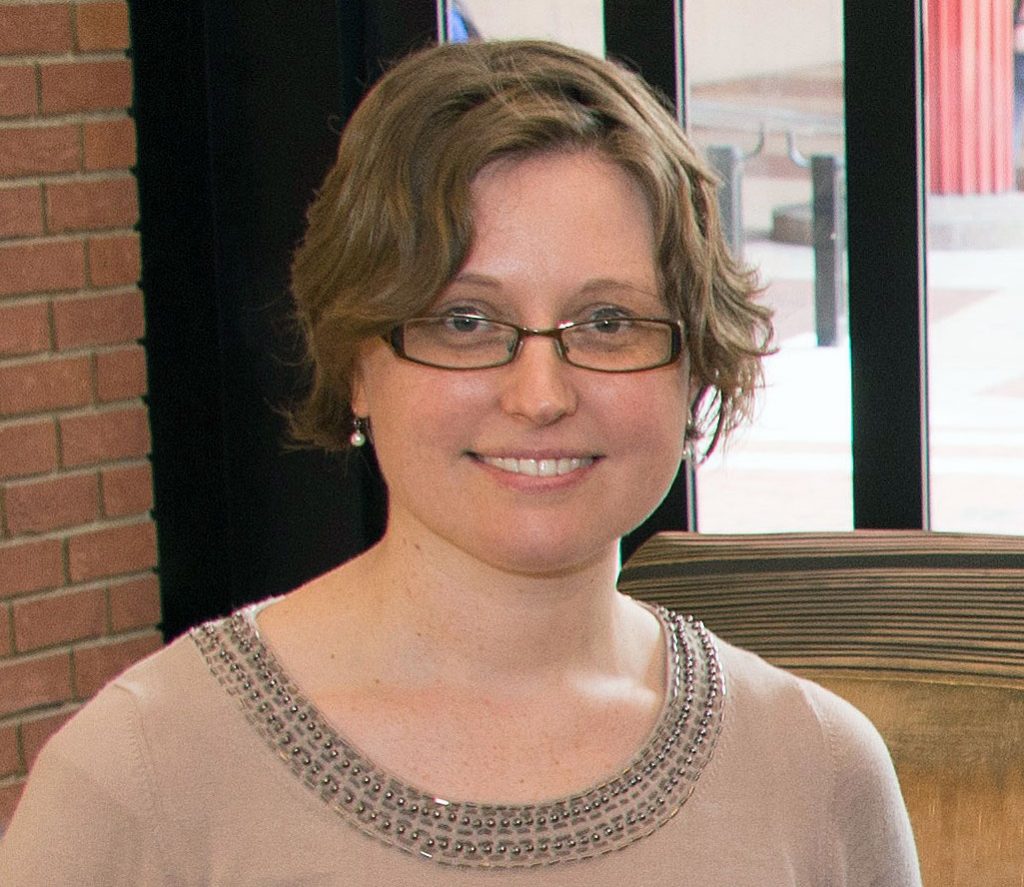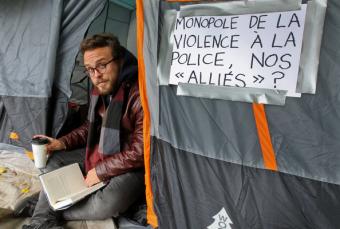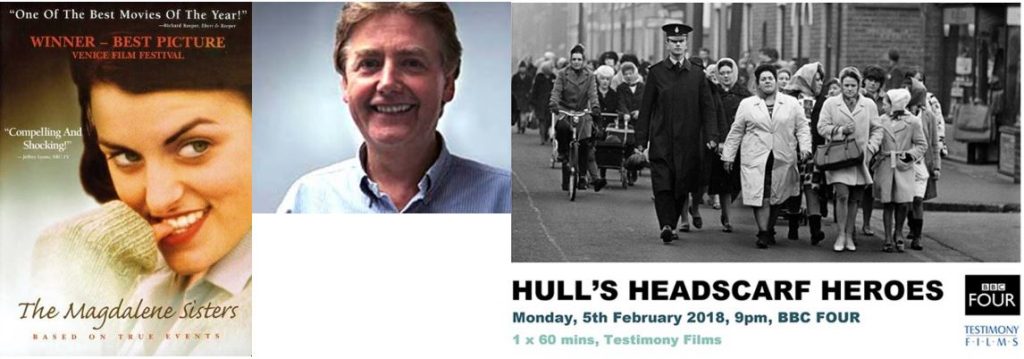By Kath Smith, Associate Researcher, Newcastle University OHU and Manager of Remembering the Past*
Continue readingTag Archives: oral history
‘I never knew which school I was going to be in’: Disrupted education in World War Two
Over ten years ago, Liz O’Donnell recorded the memories of more than 40 people in the North East who, as children during the 2nd World War, had experienced the huge dislocation caused by mass evacuation. Current discussions about the damaging impact of disrupted education caused by the pandemic led her to dig out her research notes, to look at the evacuees’ recollections of their own disturbed schooling, especially their feelings about its long-term effects. All the examples here are of evacuation to villages in Northumberland, mostly from the industrial areas of Tyneside. Summaries and recordings of all the interviews are available at Northumberland Archives, Woodhorn.
Continue readingPodcast Episode – Mary Stewart

Mary Stewart is Curator of Oral History and Deputy Director of National Life Stories at the British Library. In this podcast, she discusses the family history that contributed to her Masters Thesis, how she came to work with the British Library, the process of archiving, and the practicalities of managing the British Library Oral History collection.
Podcast Episode – Conversation with Fred Burrill

Podcast Episode: Steve Humphries and his 20 rules for intimate interviewing

Centre – Steve Humphries
Right – ‘Hull’s Headscarf Heroes’ by Testimony Films, 2018.
Preserving the voices of engineering: The Common Room of the Great North
The Common Room of the Great North was established in 2017 to manage the redevelopment and refurbishment of The North of England Institute of Mining and Mechanical Engineers in Newcastle. The group was awarded £4.1m from The National Lottery Heritage Fund, plus a further £3m in match funding, to conserve the Grade II* listed building, refurbish its ground floor reading rooms, securely house its archive and collections and enhance its conferencing facilities. In this Lug post, Programme and Engagement Manager Emily Tench discusses the history of the building, its collections, and the future ambitions of The Common Room.
Continue readingPodcast Episode – Professor Paula Hamilton
The Launch of The Newcastle Oral History Unit Podcast
As Graham Smith wrote last week, we have been devising ways to continue contributing to oral history theory and practise during the Covid-19 lockdown period. One long-term aim that we’ve been able to realise is a new oral history podcast. In this Lug post, Andy Clark talks about the process behind making the podcast and what listeners can expect to hear over the coming weeks and months.
You can listen to the podcast on the following hosting platforms: Spotify; Radio Public; Podbean; Pocket Casts. The RSS Feed for the pod is https://feed.podbean.com/nohuc/feed.xml
Continue readingOral history and the current Covid-19 crisis
In this statement on behalf of the Oral History Collective, Graham Smith, Professor of Oral History at Newcastle outlines some of the challenges and possible responses that oral historians face during the COVID-19 crisis. He argues that oral historians need to go beyond the technical challenges of remote working and think about the political crisis arising from the COVID-19 pandemic. In doing so, he warns against oral historians supporting stereotypical and dangerous attitudes to older people, and outlines the Collective’s local and international strategy.
Graham would like to thank Oral History Unit colleagues for their early input and Collective members who commented on the draft. Graham notes: ‘Any errors or mistakes are his alone’.
Continue readingPoverty, Covid-19 and Hope
The Oral History Collective is part of a growing movement of researchers and civil society groups whose work shines a light on the misery inflicted by the UK Government’s welfare ‘reforms’ since 2010. Our Foodbank Histories research comes out of a belief that poverty has a past, and that the current rise of foodbanks needs to be understood in its historical context. This context also sheds light on the Government’s current policy approach to the Covid-19 pandemic, which is in alignment with their approach to social policy over the past decade. Indeed, the horror expressed by many over the Government’s initial (now rejected) ‘take it on the chin’ approach to Coronavirus is a familiar feeling for many on the front line of dealing with the fall-out of a wide range of social policies. In this blog post, Alison Atkinson-Phillips argues that the utilitarian beliefs of the 19th Century continue to have an impact today, and argues for a bit of hope.
Continue reading